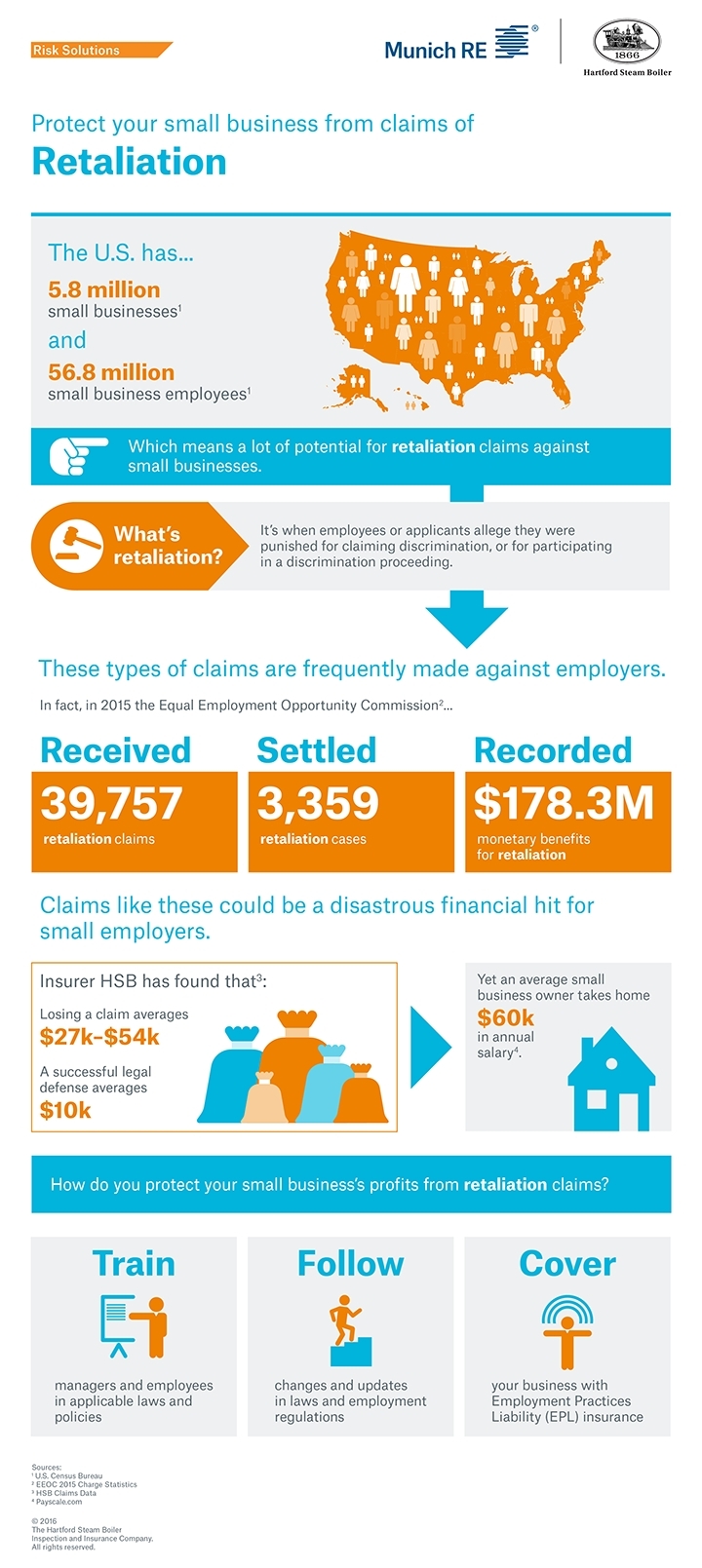Small Businesses Formations Slowing? A Warning About Future Economic Growth
For much of the past 50 years small business, formation has been a bell weather of how the economy would behave over the next 12 months.
Today, some economists are striking a warning note.
Despite low financing rates and better tools for managing an enterprise, small business formation has slowed during the past six years.
In fact, there are 70,000 less small companies today than in 2010 according to John Schlagenhauf, a former congressional economic advisor.
This statistic is jarring considering recent surveys by Intuit and other respected sounders say small business leaders are optimistic about the future.
However, some other trends support his thesis and our own research points to this trend. After reading about Schlegenhauf’s number, our company Information Strategies, Inc. went back to its database of seven million plus companies and surveyed a representative sample of firms in business five or more years.
Normally, a company in business for five or more years has an average life of 10-plus annual cycles. Of the 1,300 surveyed 1,227 were still functioning. Research determined 46 were acquired or morphed into new entities but 27 or 2.1% were no longer in business. According to economists, the normal attrition rate in a similar grouping should have been 1.5%.
Then too, computer equipment forecasts along with other startups associated goods and services have been cut, another indication formation numbers are not increasing.
But there are factors at work today that did not exist or were not as pervasive affecting many small businesses. They include:
1. Greater federal, state, and local regulations affecting many small business. In particular financial, environmental, and wage regulations.
2. Obamacare has had a particularly negative affect on many small companies.
3. Many companies used up their cash and other resources surviving the recession and are still waiting for economic good times which have not come back.
4. Generational changes in entrepreneurship has meant many younger sons and daughters do not want a small business and its 24/7 management requirements.
5. The concept of the sharing economy with thousands of independent contractors fighting for business in such industries as taxis, art direction, IT maintenance has reduced the number of full-time businesses.
Since the first surveys were done more than 40 years ago, small business formation has always exceeded closures. This new data, if accurate, should be a warning about the economy because as most everyone concedes small business is the economic driver of our economy.




